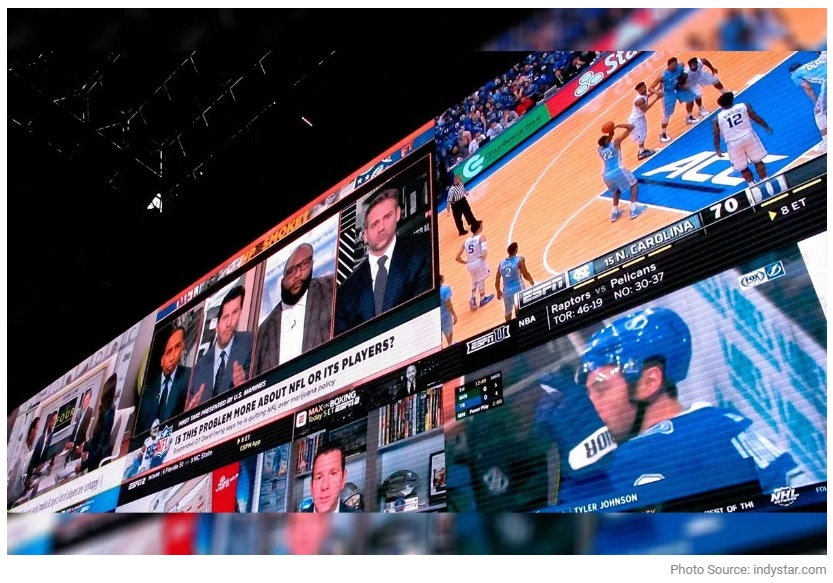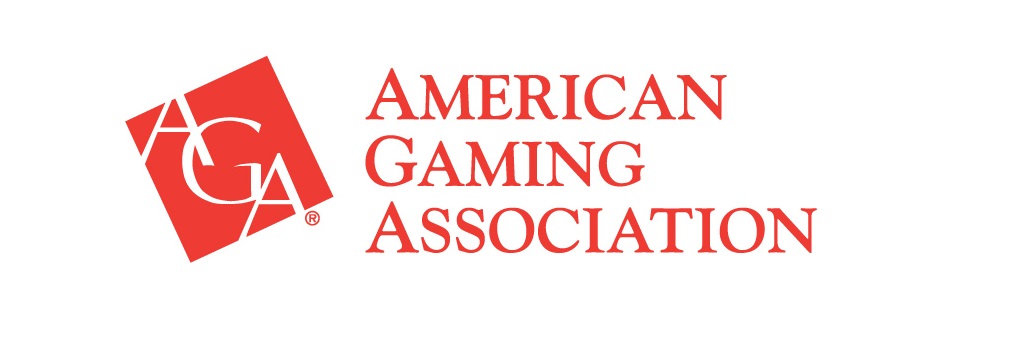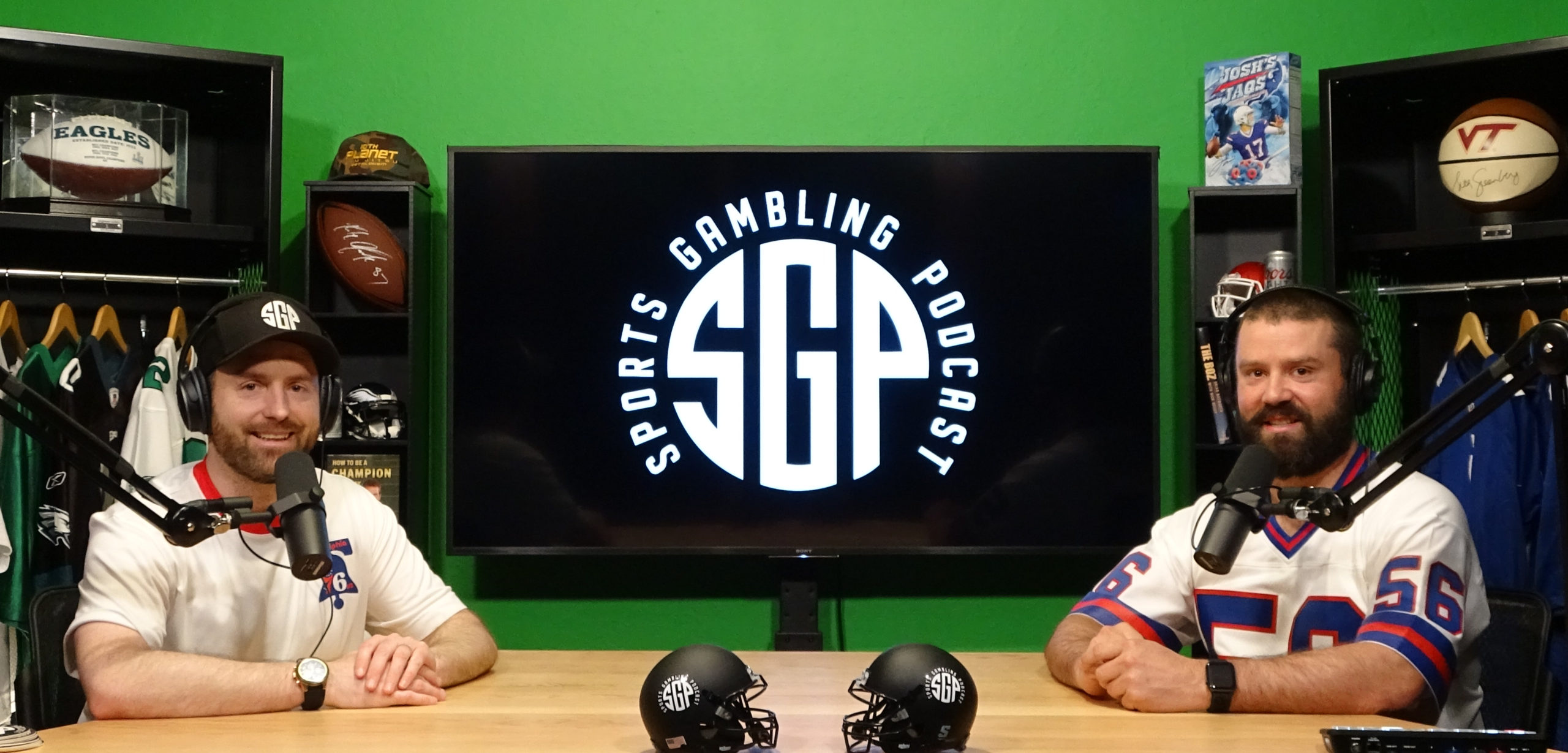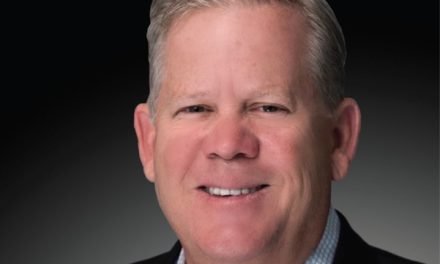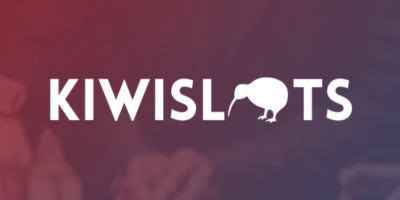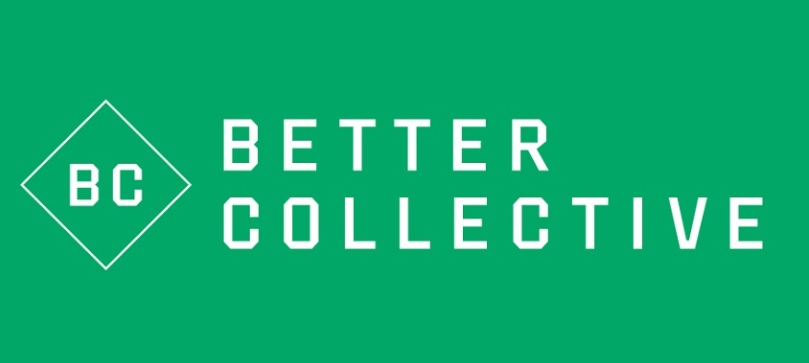ALBANY — U.S. Rep. Paul Tonko is open to hearing potential amendment recommendations put forward on a push to tame what has been a recent avalanche of sportsbook marketing across the digital sphere.
The 20th District congressman earlier this month introduced a proposal to ban all electronic and online sports gambling advertising in hopes of mitigating potential harm towards vice-vulnerable audiences.
“We’re open to any discussion,” said the Amsterdam Democrat during a press conference at his Albany office earlier this week. “You know, I don’t want to reject any kind of thoughts people would have on this, but our intent is to really address that targeting, the tremendous outlay of advertising, the targeting and the potential damage.”
The U.S. Supreme Court in 2018 struck down a longtime sports betting ban for most parts of the country, quickly resulting in an influx of newly legal state-regulated gambling jurisdictions. New York officially opened a sportsbook in 2019 and enabled online sports betting early last year.
Within that time frame, Tonko said that he’s heard an increasing number of reports from constituents struggling with loved ones embattled by gambling addiction. In 2021, the National Gambling Helpline Network experienced a 45% annual surge in phone calls (270,000).
During a panel discussion in the congressman’s office, Kelly Delaney of the New York Council on Problem Gambling said that her husband, a two-year recovering gambling addict, has been continuously bombarded with mobile sports betting ads despite making multiple requests for advertisers to stop.
“He was getting so angry by it [and] he was like, ‘they just keep pushing,’” she said.
With Republicans controlling the U.S. House of Representatives by a razor-thin margin, and Democrats narrowly controlling the Senate, Tonko, who co-chairs the bipartisan Addiction, Treatment & Recovery caucus, would need to cast a wide net in order to push the bill over the finish line. He hopes to capture “as large an audience on this measure as we could get.”
In the neighboring 21st Congressional District, the office of Rep. Elise Stefanik, R-Schuylerville, didn’t respond to a request for comment.
“There’s undoubtedly a counter-force here, but let’s assess what we’re doing and let’s know that we can do it better,” Tonko said.
Assemblyman Angelo Santabarbara, D-Rotterdam, a longtime supporter of mobile sports wagering, objects to the legislation.
“Sports gambling regulation is a state issue and decisions should be made here in New York State and not in Washington,” said Santabarbara in a statement. “The State Assembly’s Racing and Wagering Committee worked hard to include many safeguards in the enacting legislation.”
The American Gaming Association believes that Tonko’s bill is unconstitutional and would benefit illegal gambling operations by hiding the availability of legal options — a stark characterization contrast from Tonko likening the bill to a 1970s cigarette commercial ban. The AGA is willing to open dialogue with Tonko over other possible solutions.
Said AGA Chris Vice President Cylke said in a statement: “The proposed legislation would violate well-established free speech protections and undermine the expertise of more than 5,000 state and tribal gaming regulators across the country,”
The New York Broadcasters Association in a recent statement wrote that the legislation would become a fiscal burden on the state, which accrued $909 million in tax- and licensing fee-based revenue from mobile sports betting in 2022.
The industry is projected to amass $39 billion come 2033.
FanDuel, the country’s most popular sports betting site, and DraftKings, second, both declined to comment.
Tyler A. McNeil can be reached at 518-395-3047 or tmcneil@dailygazette.net. Follow him on Facebook at Tyler A. McNeil, Daily Gazette or Twitter @TylerAMcNeil


